Guide to Feeding Your Pony
Updated on 04/26/24
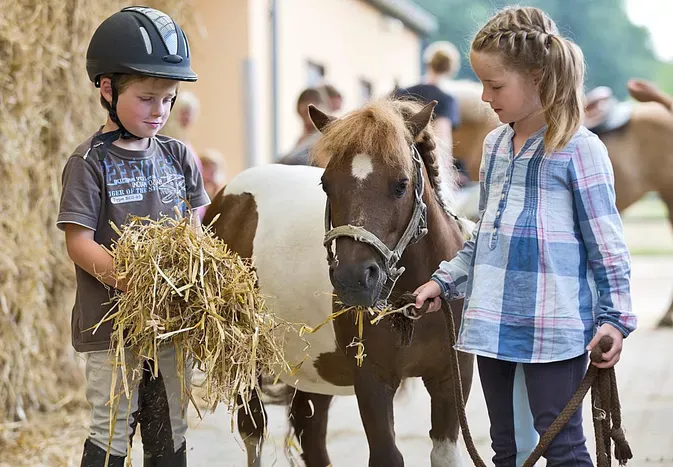
The Ultimate Guide to Nourishing Your Pony: A Comprehensive Exploration of Equine Nutrition
Introduction
Owning a pony is a rewarding experience that entails responsibility for providing optimal care, including proper nutrition. Understanding the unique dietary needs of ponies is crucial for their well-being and performance. This comprehensive guide will delve into every aspect of feeding your pony, empowering you with the knowledge to make informed decisions about their diet.
Understanding Your Pony's Nutritional Needs
The cornerstone of equine nutrition lies in understanding the specific dietary requirements of ponies compared to larger horses. Ponies possess a smaller gastrointestinal tract relative to their size, necessitating a diet tailored to their digestive capabilities.
* Smaller Stomach Volume: Ponies have smaller stomachs, requiring frequent feeding throughout the day in smaller portions. This helps maintain a steady supply of nutrients to their digestive system.
* Higher Metabolic Rate: Ponies have a higher metabolic rate than horses, meaning they burn calories faster. Therefore, they require a diet higher in calories to maintain a healthy weight.
* Prone to Laminitis: Ponies are particularly susceptible to laminitis, a painful hoof condition often triggered by high-sugar diets. A low-sugar, high-fiber diet is essential for preventing this condition.
Dietary Components and Their Functions
A well-balanced pony diet consists of various essential nutrients that fulfill specific functions:
* Forage (Hay and Grass): Constitutes the bulk of a pony's diet and provides fiber, vitamins, minerals, and slow-release energy.
* Concentrates (Grain and Pellets): Supplement forage with additional calories, protein, and essential nutrients.
* Supplements: May be necessary to address specific dietary imbalances or health conditions.
Developing a Feeding Plan
Tailoring a feeding plan to your pony's individual needs is crucial. Consider factors such as age, activity level, and health status when determining the type and amount of feed.
* Age: Younger ponies require a diet higher in nutrients for growth and development.
* Activity Level: Active ponies have higher calorie and protein requirements compared to sedentary ponies.
* Health Status: Ponies with health conditions may require specialized diets, such as low-sugar diets for ponies prone to laminitis.
Examples of Balanced Diets
* Maintenance Diet for an Adult Pony:
* 12-15 lbs of hay per day
* 2-4 lbs of grain or pellets per day
* Mineral and vitamin supplement
* Growth Diet for a Yearling Pony:
* 15-20 lbs of hay per day
* 4-6 lbs of grain or pellets per day
* Additional protein supplement
* Low-Sugar Diet for a Pony with Laminitis:
* Hay with limited sugar content
* Sugar-free grain or pellets
* Supplements rich in biotin and essential fatty acids
Feeding Tips and Considerations
* Time Feedings: Feed your pony small meals throughout the day, allowing for constant digestion and nutrient absorption.
* Avoid Overfeeding: Ponies are prone to weight gain, so monitor their body condition and adjust feed intake accordingly.
* Provide Fresh Water: Ensure your pony has access to clean, fresh water at all times.
* Introduce Changes Gradually: Gradually introduce new feeds or supplements to your pony's diet to avoid digestive upsets.
* Consult with a Veterinarian: Regularly consult with a veterinarian for personalized guidance on your pony's nutritional needs and any potential health concerns.
Conclusion
Providing your pony with optimal nutrition is fundamental to their health, well-being, and performance. By understanding their unique dietary requirements, developing a balanced feeding plan, and adhering to sound feeding practices, you can ensure your pony thrives and enjoys a long, fulfilling life. Remember, every pony is different, so consult a veterinarian to tailor a diet to your furry companion's specific needs.
Explore More Pets
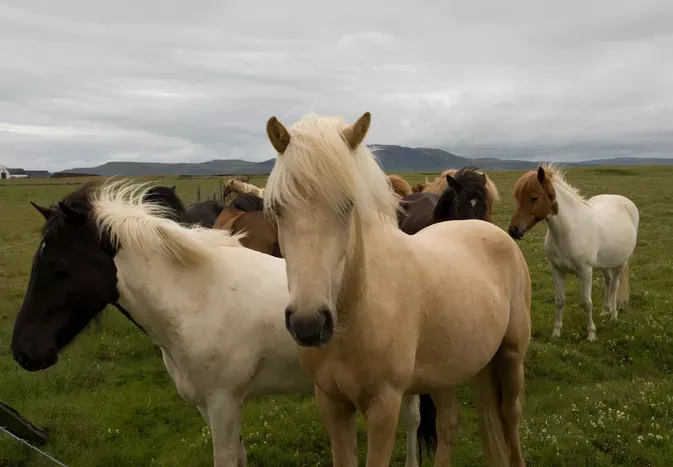
Pony Breeds
The Difference Between Horses and Ponies
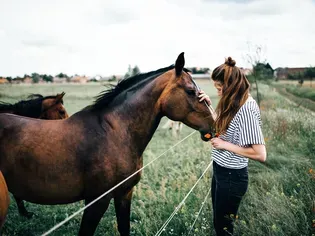
Horse Diseases & Conditions
What Do I Do If My Horse Colics?
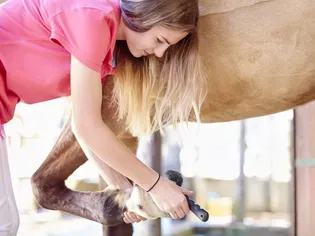
Pony Breeds
Horse and Pony Care by the Day, Week, Month and Year
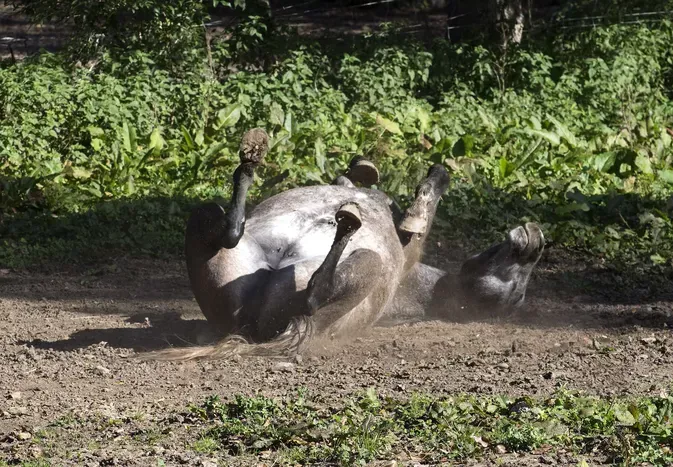
Horse Grooming
Mange in Horses
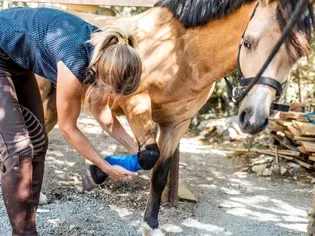
Horse Diseases & Conditions
Grease Heel in Horses
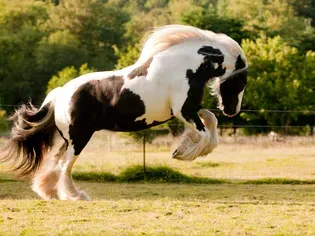
Light Horse Breeds
Gypsy Vanner Horse Breed Profile
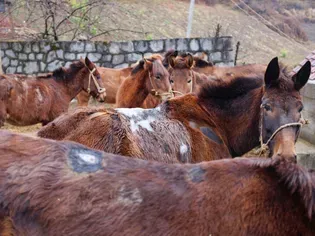
Horse Diseases & Conditions
Girth Galls and Saddle Sores
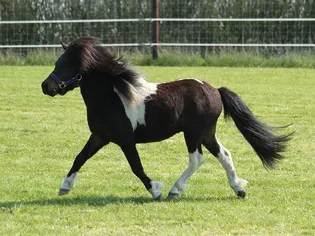
Pony Breeds
Shetland Pony Breed Profile